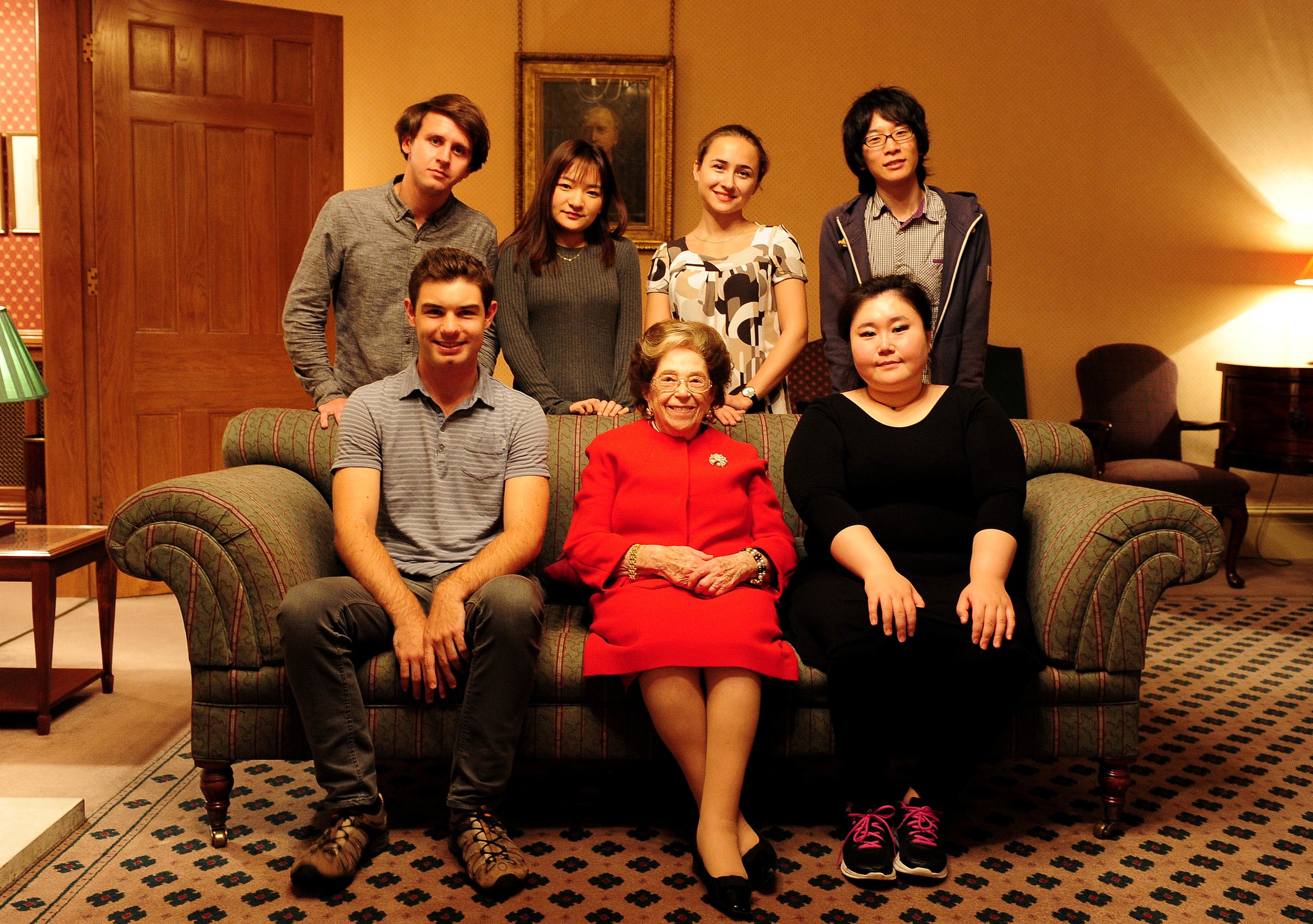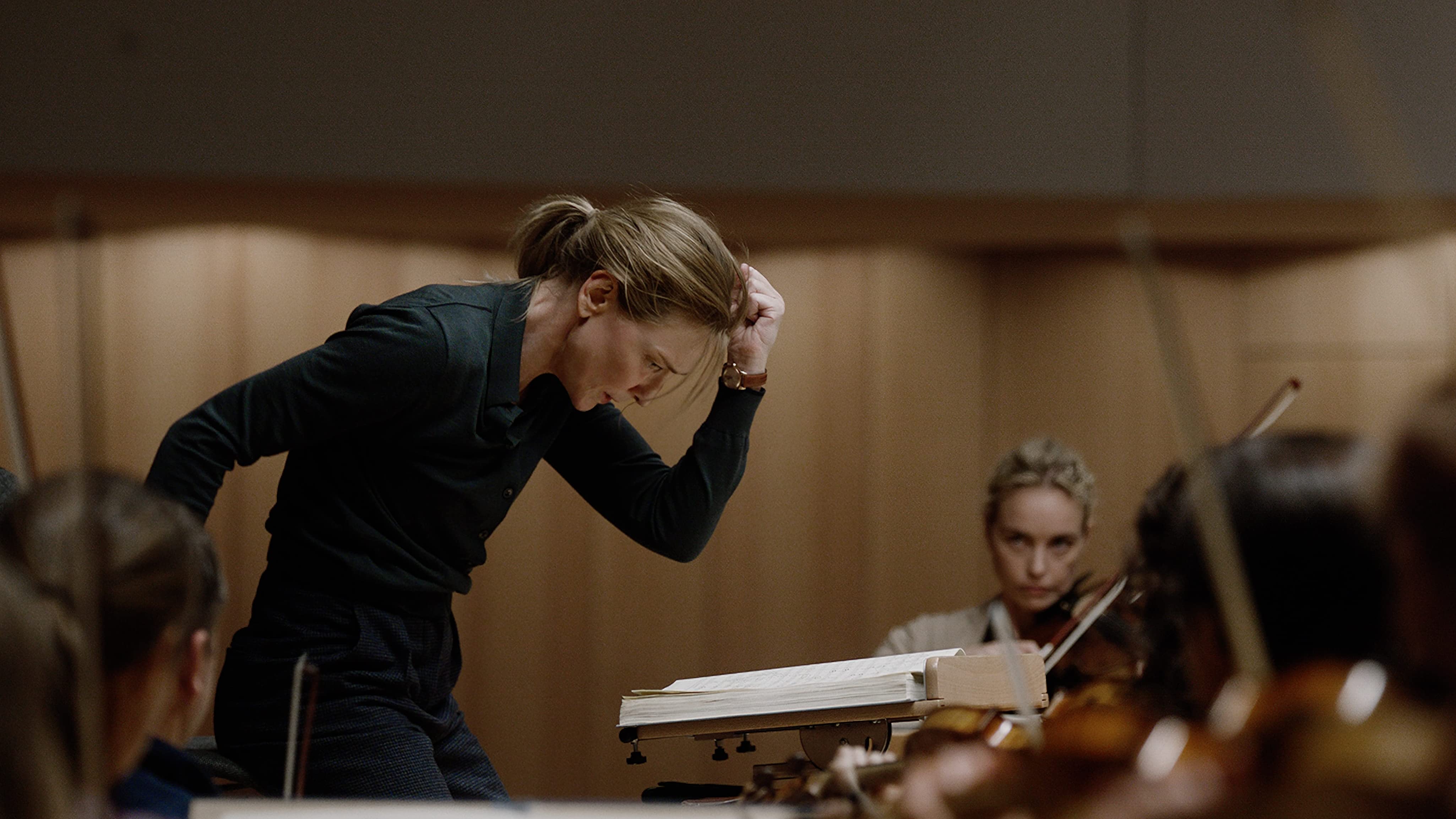Where did UK music teaching go wrong?
UncategorizedThere is only one British contestant at this year’s Leeds piano competition, an event founded by piano teacher Fanny Waterman (pictured) to advance awareness of the instrument and its talented young performers.
Just one.
I looked through the list of current players in the Gustav Mahler Jugendorchester’s concert this week in Granada. One in five players were Spanish. I struggled to find a single Brit.
Getting into these elite events requires training at the highest level.
Have we just lost it?






Comments